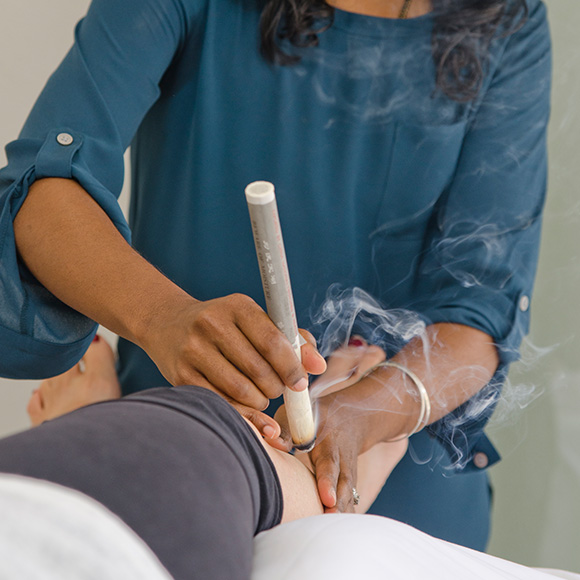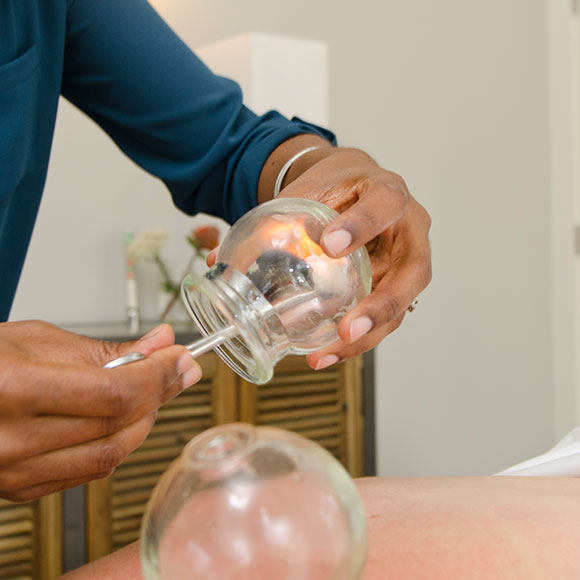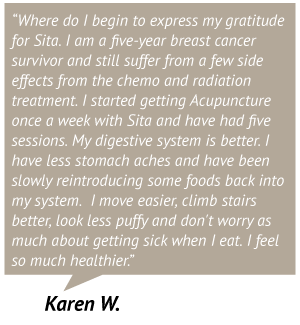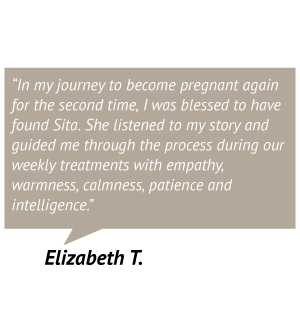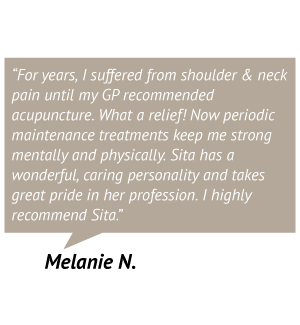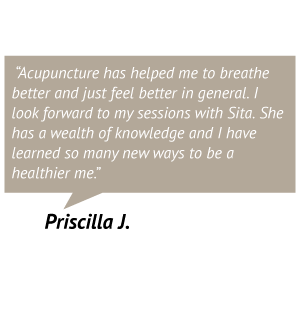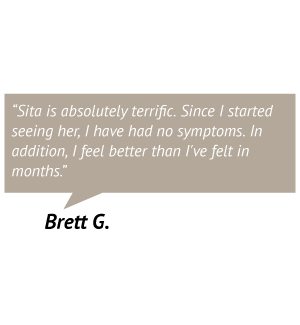Acupuncture is an incredibly effective yet gentle therapy that is a cornerstone of Traditional Chinese Medicine (TCM). TCM is a complete system of medicine that has been practiced widely and successfully for several thousand years.
Acupuncturists place extremely fine needles (~15 could fit inside a hypodermic needle) at specific points on the body, causing a variety of physiological effects that stimulate your body’s natural healing mechanisms. Biomedically-speaking, those effects include reduced inflammation, improved circulation, improved hormone balance, and stimulation of the parasympathetic nervous system (allowing us to rest and recuperate instead of being in “fight-or-flight” mode).
How does it work?
Per TCM theory, good health depends on the adequate circulation of nutrients and “Qi” (energy) through the body’s pathways. These bio-energetic pathways traverse all the organs and systems of the body. When nutrients and Qi are not cycling freely, or are inadequate in quantity or quality, blockages are created and ill-health results. Many factors can contribute to these blockages, including injuries, pathogens like viruses, emotions, over-work, stress, and poor diet or lifestyle. Stimulating acupuncture points encourages the body to clear blockages, reduce what is in excess and strengthen what is insufficient, thereby restoring balance to the system and reducing symptoms. Effectively, acupuncture encourages the body heal itself.
What is Qi?
Qi is a concept in Eastern Medicine that does not have a clear English translation, but can be thought of as energy or “life-force.” It is the oxygen that sustains us, the magic of life that allows us to exist, and even the way a place feels when you walk in.



